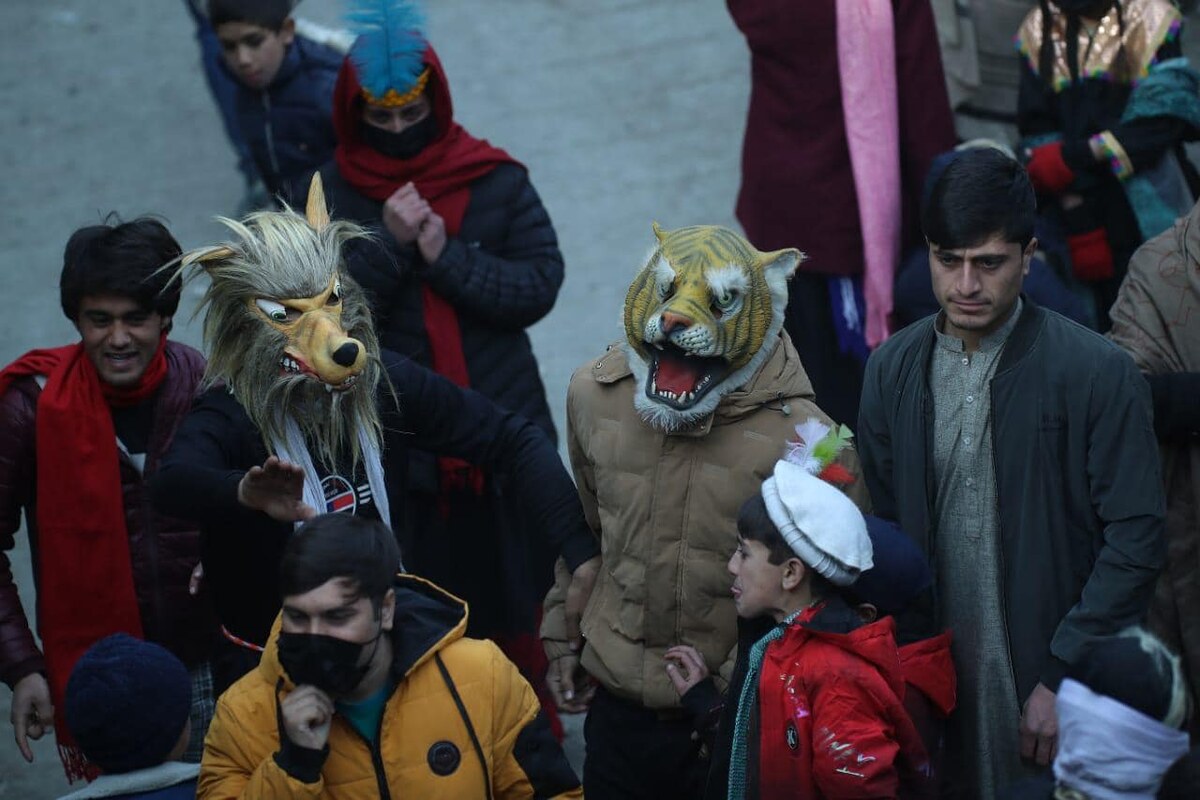ISLAMABAD: A Pakistani high court said on Thursday a controversial amendment to the country’s cybercrime law that was approved by the president last week to enhance jail terms for social media users convicted of disseminating “fake news” was against an article of the constitution that related to free speech.
A day earlier on Wednesday, the Islamabad High Court restrained the Federal Investigation Agency (FIA) from arresting people under Section 20 of the recently promulgated Prevention of Electronic Crimes (Amendment) Act Ordinance 2022, which criminalizes ““defamatory” and “fake” content on social media and is widely viewed as a tool to silence critics of the government.
President Dr. Arif Alvi promulgated the ordinance on Sunday to amend the Prevention of Electronic Crimes Act, 2016 (PECA).
The new ordinance introduces an amendment to section 20 of PECA 2016, which was passed during the government of former Pakistan Muslim League-Nawaz (PML-N). It increases the jail term for defaming any person or institution on social media from two to five years and makes it mandatory for courts to decide cases within six months. The offense has also been made non-bailable.
Almost all of Pakistan’s opposition parties and journalist unions have opposed the new law. The government denies it wants to censor the press or political opponents.
“If you read the ordinance, you realize that it is in contravention to Article 19 of the constitution,” IHC Chief Justice Athar Minallah was quoted as saying in a statement by the Pakistan Federal Union of Journalists, referring to an article that deals with freedom of speech, expression and the press.
The IHC was hearing a petition filed by PFUJ against the PECA ordinance.
“No one should be afraid that the government will use this law to target those who criticize it,” the court said. “It is disappointing to say that action is being taken against people who raise their voices against the government.”
The court said that it was of “particular concern” to the judiciary that ordinances were being used to make the cybercrime law even more draconian.
“This [amendment] was carried out by a party whose own strength was social media,” he added, referring to the ruling Pakistan Tehreek-e-Insaf, considered the first political party in Pakistan to establish its presence on social media.
“If political parties can create social media teams, then why are they so afraid of difference of opinion?” he asked.
The chief justice said many cases brought before the court pertained to the FIA having acted illegally to protect public officeholders: “You are giving FIA the right to arrest any person and till the trial begins, that person will stay imprisoned? ... Is there nothing else the FIA has to do?”
The chief justice said PFUJ was the only stakeholder in this case, and the high court would not hear petitions filed by political parties against the PECA ordinance. “They should go to the parliament [to seek remedy],” he said.
The court adjourned the hearing of the case till March 10.





















